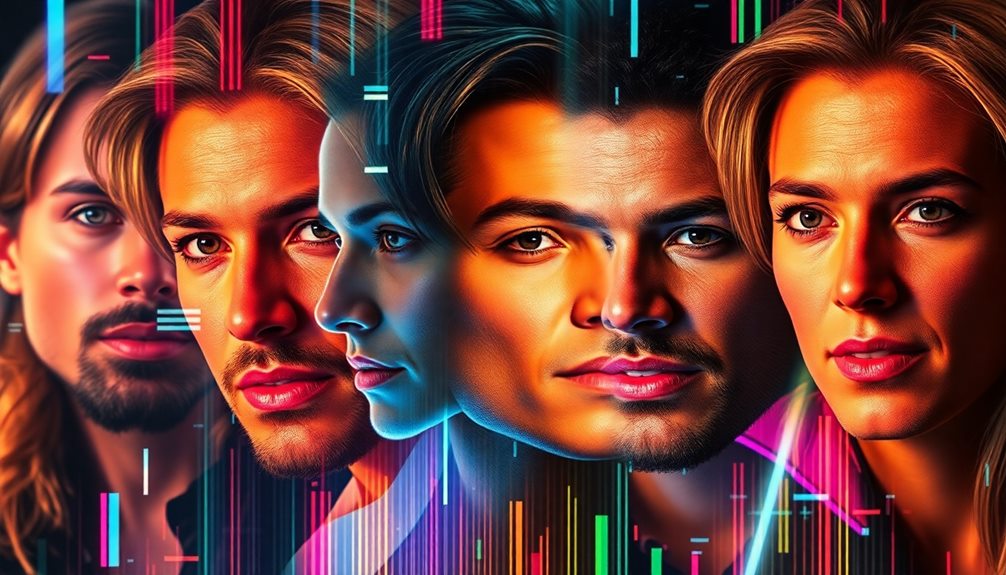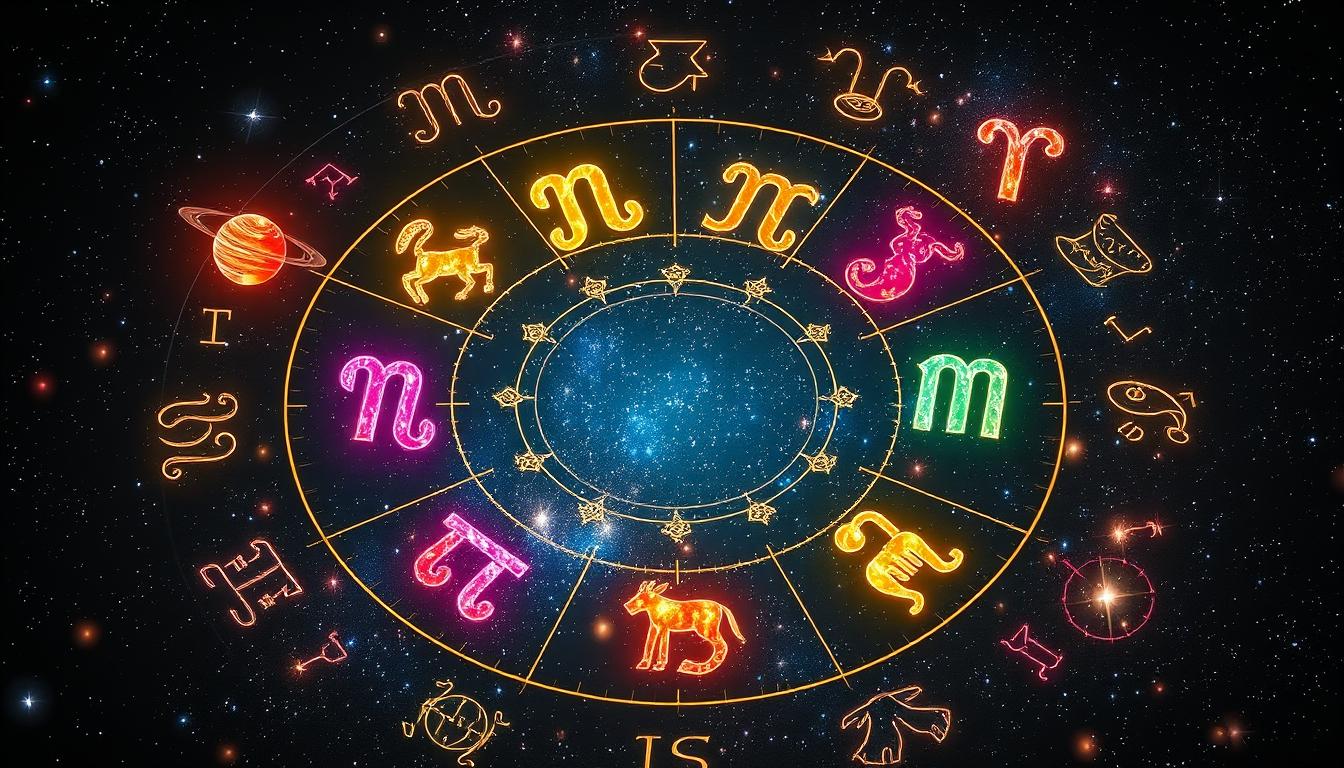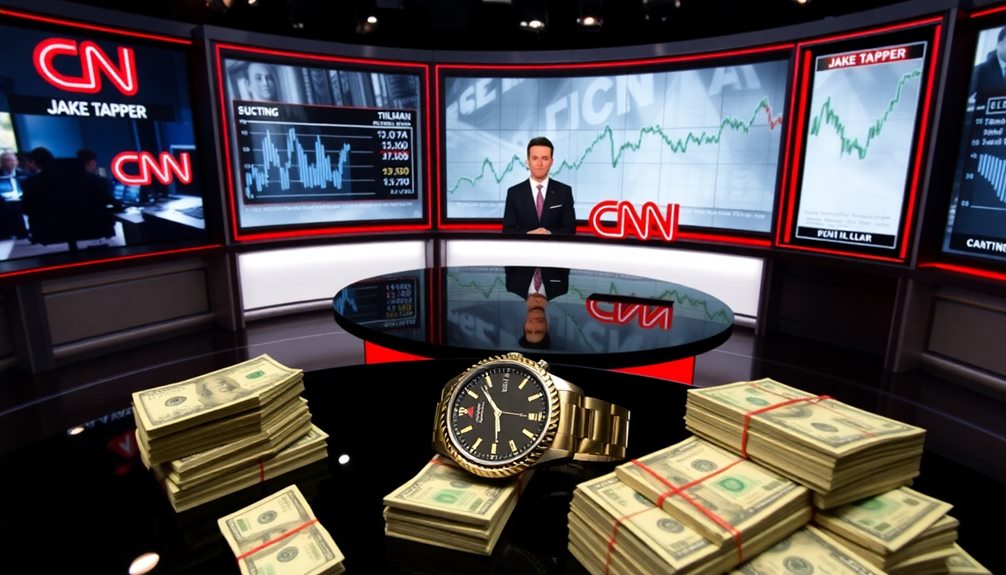CelebDeepFakes combines advanced AI technology with the controversial manipulation of celebrity likenesses. Utilizing tools like Generative Adversarial Networks (GANs), these AI-generated videos craft incredibly convincing representations of famous individuals. However, this innovation raises significant ethical concerns around privacy and consent, especially regarding unauthorized uses. High-profile cases have sparked debates surrounding authenticity and misinformation, shaking public trust in media. Celebrities often find themselves caught in the middle, facing potential reputational damage. The importance of establishing ethical frameworks for AI use in media can't be overstated, and exploring these complexities can offer deeper insights into the evolving landscape.
Key Takeaways
- CelebDeepFakes utilize AI technology to replicate celebrity likenesses without consent, raising ethical concerns about privacy and authenticity.
- Generative Adversarial Networks (GANs) are key in creating realistic deepfake videos by using extensive training data for enhanced output quality.
- The emergence of CelebDeepFakes since 2017 has transformed media portrayals and sparked debates on the reliability of visual content.
- High-profile cases, such as manipulated videos of celebrities, contribute to public skepticism and can lead to reputational damage and financial fraud.
- Tools like Tavus API aim to promote ethical practices by securing consent for likeness usage in AI-generated content.
Introduction
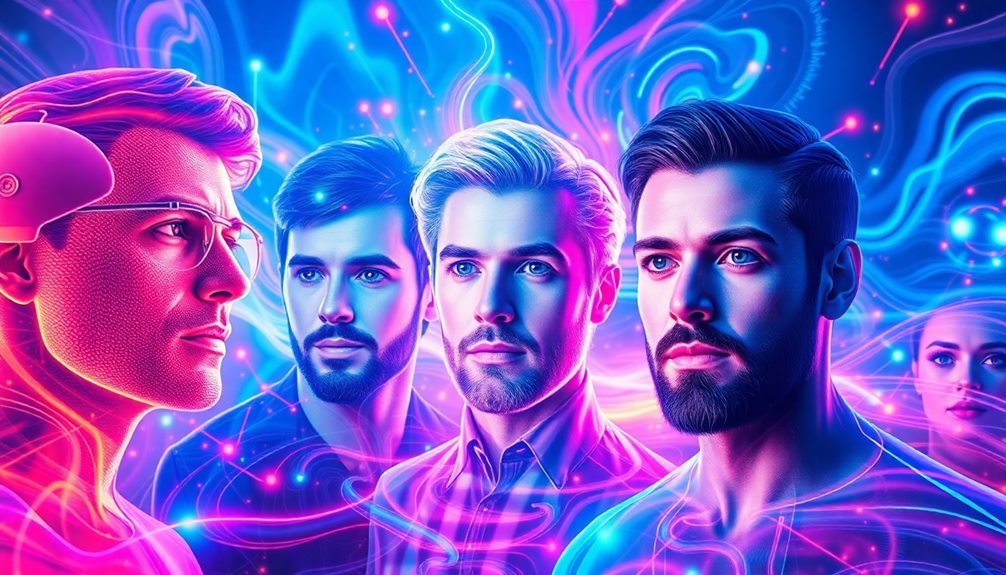
Deepfakes frequently spark conversations about the intersection of technology and ethics in media. CelebDeepFakes, a specific application of this technology, employs AI to generate videos that replicate the likeness, voice, and mannerisms of celebrities without their consent.
By leveraging advanced tools like natural language processing, machine learning, and neural networks, these videos can convincingly mimic real personalities, blurring the lines between reality and fabrication.
The ethical implications are profound, particularly when unauthorized representations of celebrities are created in satirical or malicious contexts. Instances featuring figures like Donald Trump and Taylor Swift have ignited public debates surrounding authenticity and the potential for misinformation.
The rapid advancement of AI video generation tools raises crucial questions about consent and the responsible use of such technologies in media.
As CelebDeepFakes become increasingly prevalent, the industry must grapple with the need for ethical frameworks. These guidelines should govern the application of AI in video creation, ensuring that creators respect the rights and reputations of individuals depicted in their work.
In navigating this complex landscape, society must prioritize ethical considerations alongside technological innovation.
Background
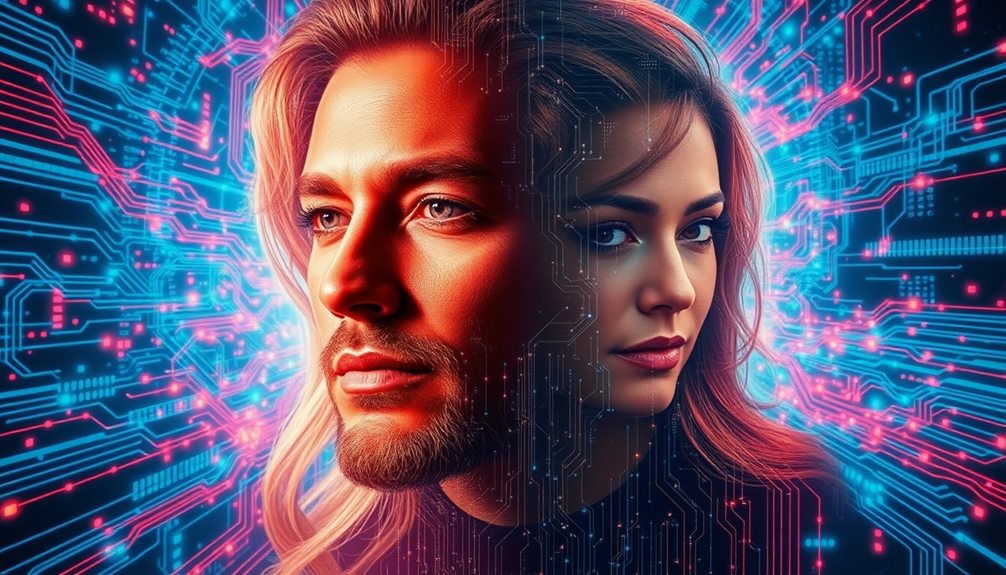
As technology evolved, the emergence of CelebDeepFakes captured public attention, transforming the way media portrays celebrities. These AI-generated videos utilize advanced artificial intelligence techniques, such as deep learning and neural networks, to replicate the likenesses and voices of famous individuals. Gaining significant traction since 2017, CelebDeepFakes have been used in various contexts, from entertainment to satire, often blurring the lines between reality and fabrication.
However, ethical concerns surrounding CelebDeepFakes have sparked widespread debate. Many of these videos are produced without the consent of the celebrities being impersonated, raising issues of privacy and unauthorized use. High-profile instances, including politically motivated manipulations and misleading promotional content, have contributed to public skepticism regarding the authenticity of media portrayals.
In response to these concerns, developers are exploring solutions like the Tavus API, which aims to create ethical AI video generators. By ensuring that users can only produce authorized likeness representations, these innovations strive to mitigate the potential misuse of CelebDeepFakes, balancing creativity with respect for individuals' rights in the digital landscape.
Technology Behind Ai-Generated Videos

The technology behind AI-generated celebrity videos hinges on sophisticated algorithms that utilize deep learning techniques. Central to this innovation is deepfake technology, which often employs Generative Adversarial Networks (GANs).
These networks consist of two neural networks—the generator and the discriminator—that work against each other to create realistic images and videos. By leveraging extensive training data, typically between 300 to 2000 images of each target, GANs can produce high-quality results that convincingly mimic the original subject.
Recent advancements in AI, particularly with Snapdragon 8 Gen 3's processing power, enhance the capabilities of such technologies, pushing the boundaries of what can be achieved in mobile and media environments.
In recent developments, real-time face control technology has emerged, allowing users to manipulate another person's face during video generation. This advancement further blurs the lines of authenticity in digital media, making it increasingly challenging to discern reality from fabrication.
High-profile examples, including manipulated audio and fabricated images of public figures, underscore the capabilities of AI in generating convincing yet unauthorized content.
As awareness of the ethical implications surrounding deepfake technology grows, tools like Tavus API have emerged to emphasize responsible AI usage. These tools ensure consent for likeness usage, reflecting a commitment to prevent unauthorized celebrity video generation and fostering ethical standards in this rapidly evolving landscape.
Celebrity Endorsements and Controversies

Celebrity endorsements have taken a controversial turn with the rise of AI-generated deepfakes, leaving many questioning the authenticity of promotional content. The use of celebrity deepfakes has led to misleading endorsements, as seen with Taylor Swift's AI-generated images, which were initially viewed as satire but later misinterpreted as genuine promotions. This confusion highlights the risks associated with unauthorized use of a celebrity's likeness, raising ethical concerns about consent in marketing.
As the capabilities of AI evolve, the implications for workforce and societal structures become even more pronounced, making it crucial to understand AI's transformative role in various sectors.
In 2022 and 2023, Lil Yachty's AI videos gained traction, prompting heated debates over the ethical usage of celebrity images without their approval. High-profile figures like Donald Trump have also navigated the murky waters of deepfakes, being both victims and proponents of this technology for political purposes. Such instances illustrate the broader implications of deepfake misuse, especially during elections.
Moreover, the rise of AI-generated content has opened the door for financial fraud, as scammers exploit celebrities' likenesses, potentially leading to substantial losses for fans and businesses alike.
To combat these issues, developers are creating AI tools like Tavus API, focusing on securing consent for likeness applications and promoting ethical usage in the industry.
Reputation Damage From False Videos
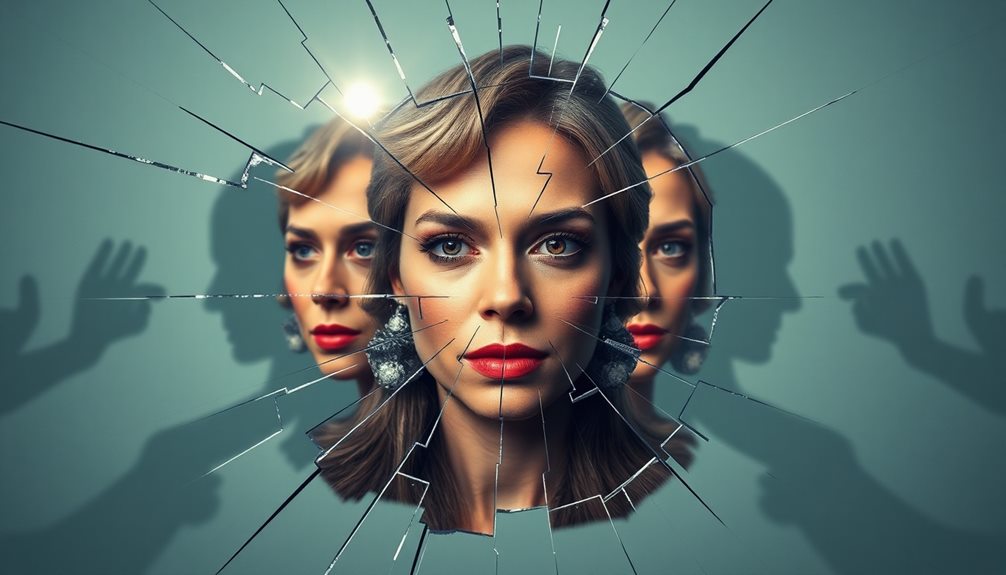
Reputational damage from false videos has become a pressing issue in today's digital landscape, largely fueled by deepfake technology. This advanced manipulation has led to a rise in public skepticism regarding the authenticity of media content, as individuals can no longer easily distinguish between real and fake.
High-profile cases, such as the AI-generated video of Kate Middleton, showcase how deepfakes can create public controversy, eroding trust in digital media and impacting the personal and professional lives of those depicted. The emotional manipulation often present in narcissistic relationships parallels how deepfakes can distort reality, leading viewers to question their own perceptions.
Deepfake technology's implications extend beyond celebrity culture. Manipulated videos of political figures have surfaced, raising concerns about misleading voters and influencing public opinion, particularly during election cycles.
Moreover, scammers exploit unauthorized celebrity likenesses, leading to financial fraud that tarnishes the reputations of well-known individuals.
Legal complications also arise; instances where manipulated videos are presented as evidence can complicate judicial processes and further harm the reputations of those involved.
The intersection of deepfakes and fake news creates an environment where reputation damage can occur rapidly, leaving individuals vulnerable to the consequences of misinformation in an age where digital content is ubiquitous.
Frequently Asked Questions
How to Detect Deepfake Videos?
To detect deepfake videos, one should look for unnatural facial features like overly smooth skin or inconsistent aging.
Irregular blinking patterns and lip movements that don't sync with audio often indicate manipulation.
Additionally, mismatched lighting and shadows can signal a deepfake.
Observing subtle artifacts, such as mismatched skin textures and unrealistic facial hair, is crucial.
Engaging with resources like the "Detect Fakes" website helps improve skills in identifying these deceptive videos over time.
How to Fight Deepfakes?
To fight deepfakes, individuals need to enhance their awareness and critical thinking skills. They can utilize detection tools like those found on the "Detect Fakes" website to recognize manipulated videos.
Participating in challenges, such as Kaggle's Deepfake Detection Challenge, fosters innovation in detection technologies. Learning to spot signs like unnatural facial features and irregular blinking also helps.
Collaborative efforts among tech companies, researchers, and educators are essential for advancing detection capabilities and combating misinformation effectively.
What Are the Consequences of Deepfakes?
The consequences of deepfakes are significant and far-reaching. They can distort public perception by spreading misinformation, especially about political figures, which can influence elections.
Additionally, they pose serious ethical dilemmas, particularly concerning consent, as many deepfakes target women without their approval.
In legal contexts, deepfakes complicate evidence authenticity, risking wrongful judgments.
Furthermore, they facilitate financial fraud, leading to unauthorized endorsements and damaging reputations, ultimately fostering a culture of distrust in digital media.
How to Report Deepfakes?
When someone encounters a deepfake, they can report it using social media platforms' reporting features, which often categorize misleading content.
They should also consider reaching out to organizations like the Cyber Civil Rights Initiative for support.
Many sites, like *Detect Fakes*, help users learn to identify these videos.
In serious cases, contacting law enforcement may be necessary, as they've protocols in place to handle privacy infringements related to deepfakes.

